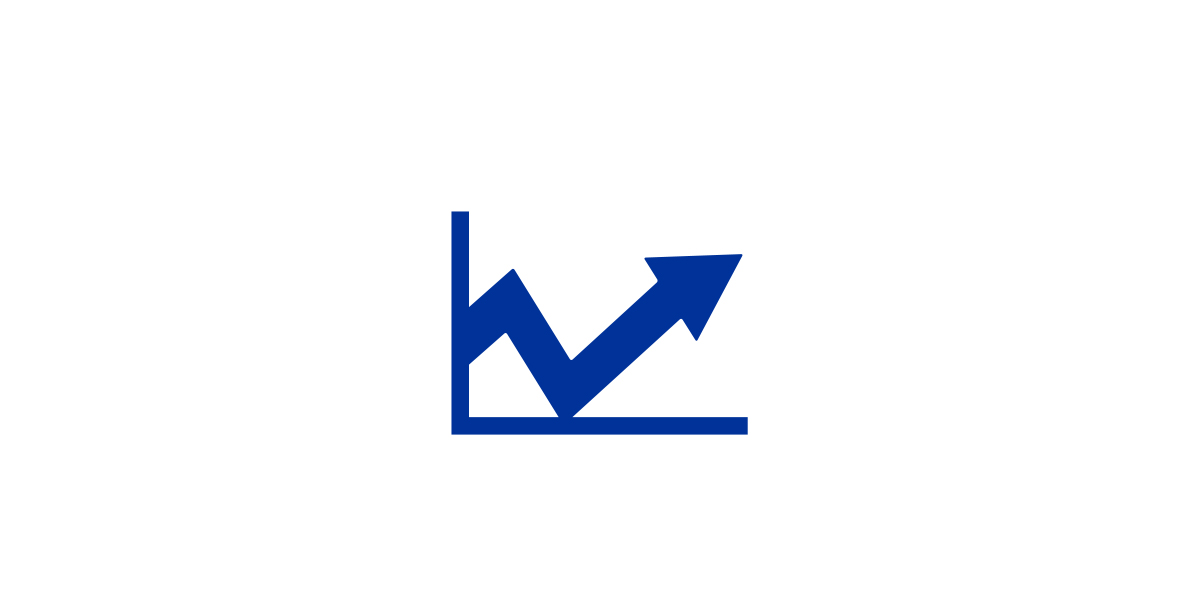Would appreciate some opinions on this. We've a smallish mortgage of €105k and LTV less than 50%. We currently overpay our mortgage by about €1k a month, making our repayments about €1700 a month. We currently are on a variable rate of 2.75%.
I'm considering switching to a fixed mortgage as I'm worried that the rising inflation will mean higher mortgage rates - is this a valid concern, or should I stay as I am?
Any advice very welcome, thanks.
I'm considering switching to a fixed mortgage as I'm worried that the rising inflation will mean higher mortgage rates - is this a valid concern, or should I stay as I am?
Any advice very welcome, thanks.
